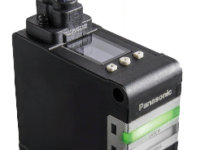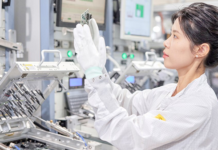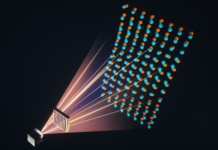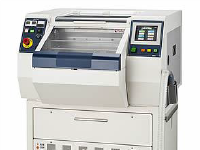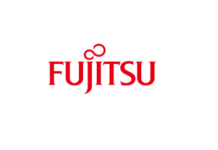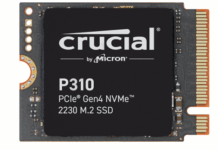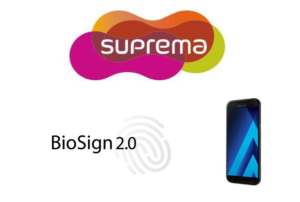
Suprema, a global leader in biometrics and identity solutions, announced that the company’s BioSign mobile fingerprint authentication algorithm has been loaded in Samsung Galaxy J5 2017 and Galaxy A7 (for SK Telecom) smartphone models. Partnering with Egis Technology, a Taiwan-based sensor provider, Suprema provides its integrated solution to global smartphone manufacturers.
Earlier in February 2017, Suprema introduced BioSign 2.0 at Mobile World Congress at Barcelona. Enhanced by latest AI technology, BioSign 2.0 supports small fingerprint sensors and offers robust authentication performance over time and environment. Moreover, BioSign 2.0 provides exceptional versatility in integration as it supports different shapes and types of fingerprint sensors.
Especially, BioSign 2.0 is essential solution for mid-to-low range smartphones as it reduces production cost by supporting smaller sensors and provides higher fingerprint authentication performance with low-end processors. BioSign 2.0 achieves 50ms authentication speed in high-end smartphones with high performance processors and 100ms speed with low-end processors while guarantees maximum of 0.0005% FAR.
Moreover, smartphones users experience decreasing fingerprint authentication performance over usage time, but BioSign 2.0’s self-learning algorithm increases accuracy over usage. BioSign 2.0 can process authentication with small area (2mm x 2mm) of fingerprint information and provides consistent performance with different shapes of sensors including bar, square and slim shapes.
“Like camera, fingerprint is now essential features in smartphones, and is spread out from premium phones to mid-to-low range phones. BioSign 2.0 is the most economical and efficient solution in mid-to-low range smartphones. Start from this Samsung Galaxy J5 2017 and Galaxy A7 models, we are expecting BioSign 2.0 in various global smartphone models. As BioSign is software based solution, it will contribute both Suprema’s revenue and profitability,” said Brian Song, CEO at Suprema.



